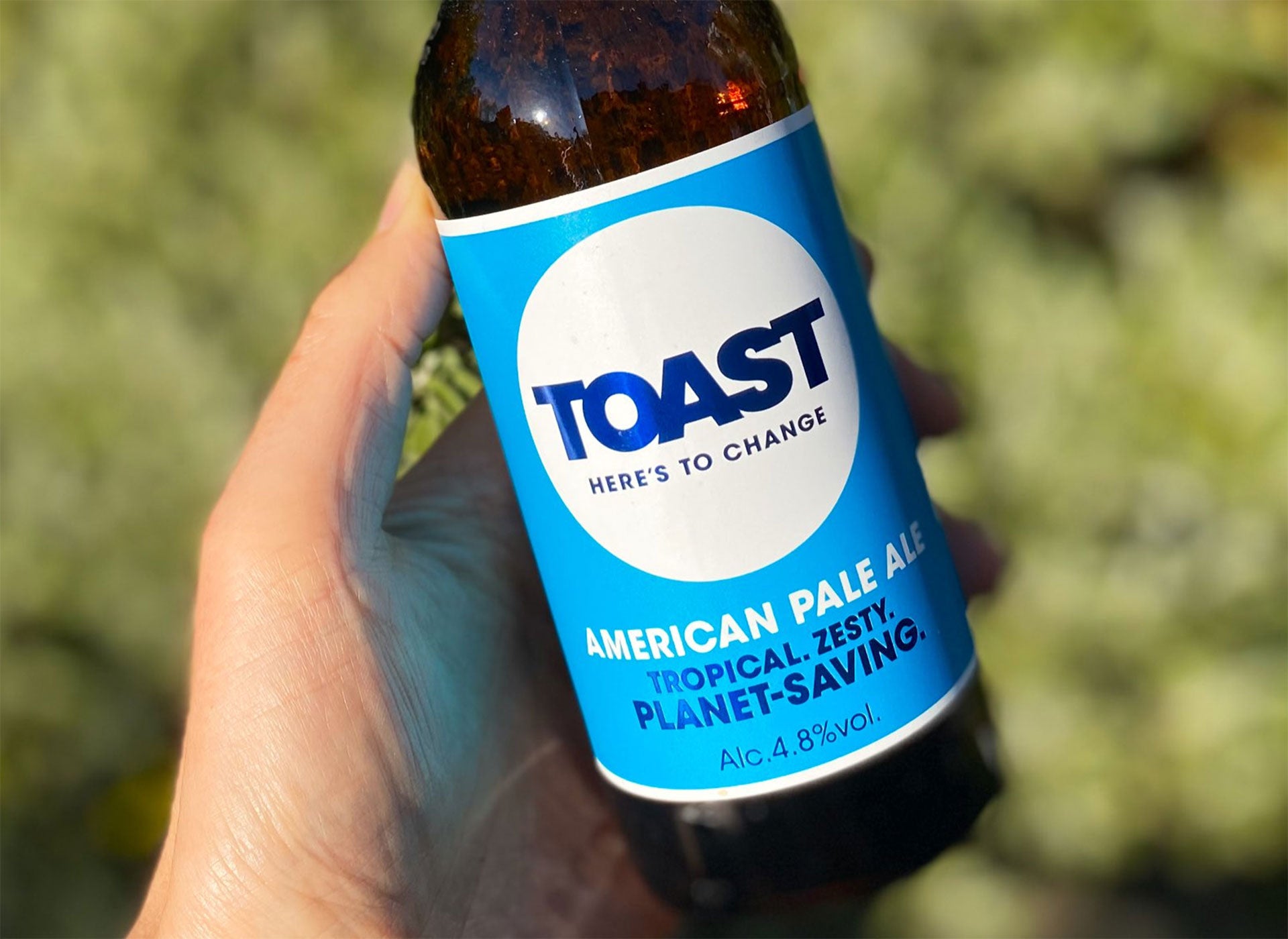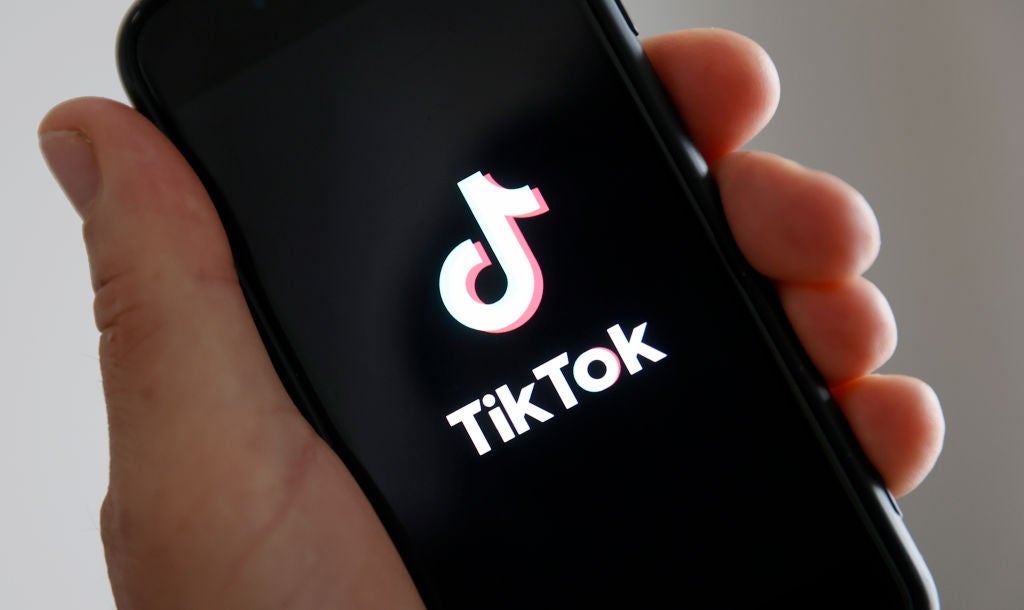
With pubs, bars and restaurants closed for the foreseeable future due to the coronavirus, many suppliers in the drinks industry have seen a sudden loss of business, including bread-based brewer Toast Ale.
“Covid-19 has had a huge impact on our business as approximately 70% of our sales were to pubs, restaurants and events,” Louisa Ziane, COO of Toast Ale, tells Verdict.
The brewer has made a name for itself by making fighting food waste a core of its proposition, turning surplus bread into a selection of craft beers. However, as with many of its competitors, Toast Ale has had to pivot significantly in response to the coronavirus.
“Fortunately we’re stocked in retailers, including Tesco, Waitrose, Co-op and Ocado, though orders are a little unpredictable at the moment. The biggest change has been to refocus on e-commerce – we relaunched our website with an improved webshop, offering free delivery, to sell beer directly to customers,” says Ziane.
“We’ve had some teething problems adapting but it’s been an incredible lifeline for us, and a wonderful opportunity to connect directly with people choosing to support Toast.”
In line with its brand values, Toast has also used the situation to help those in need, through a programme that sees a meal donated for every beer sold.
How well do you really know your competitors?
Access the most comprehensive Company Profiles on the market, powered by GlobalData. Save hours of research. Gain competitive edge.

Thank you!
Your download email will arrive shortly
Not ready to buy yet? Download a free sample
We are confident about the unique quality of our Company Profiles. However, we want you to make the most beneficial decision for your business, so we offer a free sample that you can download by submitting the below form
By GlobalData“We’ve received so messages of support from our customers, who are happy to be able to support our charitable giving whilst enjoying getting cases of beer delivered to their doors,” she says.
The company has also removed all delivery charges, having previously only charged 50% of “the true cost of delivery”, according to Ziane, to encourage sales.
“It’s expensive for us to remove the charge, but we hope that many people ordering from us now will continue to be loyal customers in the future.”
An alternative meal deal: How Toast Ale is supporting charity amid the coronavirus
Toast Ale’s decision to fund meals for those in need is a natural extension of its food waste-focused brand identity.
“We’re a social enterprise and certified B Corp, with an environmental mission to reduce food waste,” explains Ziane.
“We wanted to be able to support our vulnerable communities during the Covid-19 crisis as best we know how, using the expertise and resources we have, and that is through food.”
The resulting ‘meal deal’ funds a meal for someone in need through the company’s charity partner Feedback, directing surplus food to local groups around the UK, such as the Alchemic Kitchen in Liverpool.
“Most of the meals use surplus food (often from suppliers to restaurants who’ve lost their customers), so we’re feeding people and preventing food waste,” she explains.
“We’ve already raised enough funds to feed over 15,000 people.”
Virtual taprooms: Offering outreach during lockdown
With the coronavirus also forcing millions to remain in lockdown, Toast Ale also has sought to help customers who are craving connections to others after realising the impact such isolation would have at the start of the process.
“We began working from home as soon as we were recommended to do so. We knew we’d miss being together and wanted to make sure we could stay connected as a team,” explains Ziane.
“We knew it would be the same for many businesses and wanted to help others connect. Seeing other faces and making time to check in with each other is really important.”
This took the form of virtual taproom where customers could connect with Toast Ale over Zoom to learn about beer and engage with the brand. A taproom on lager, for example, focused on the history of the beer, pairing notes and a guide to how it is made.
“We’d recently set up a taproom at our London share office in Southwark and so we decided to launch to the public in virtual form. Toast was the first brewery to do so, inviting people to join us on Zoom for a tutored tasting with our brewer and to meet the team,” she says.
However, while the company quickly overcame initial technical challenges, it struggled with marketing, ultimately leading it to pausing the public-facing version of the initiative.
“We quickly overcame the technical challenges – including teaching our brewer how to connect his webcam and the intermittent WIFI for our new home offices – but it was hard to communicate what we were doing and get people to sign up,” she explains.
“As many breweries began doing their own versions, and the number and diversity of available activities online grew, this became harder and harder. So we’ve paused the public versions for now and are just connecting as a team. A number of the team are furloughed so it’s a nice opportunity for us to all be together once a week.”
Toast Ale in lockdown: Managed a beer company remotely
In addition to the team-based taprooms, Toast Ale has also turned to technology initially embraced to support the company’s flexible working policy prior to the coronavirus outbreak.
“As a small business with a flexible working policy, we were already well set up to work remotely, using cloud-based software,” says Ziane.
“For example we use Xero for our bookkeeping and financial reporting, the Google suite for our email and file storage, and Slack for day-to-day operational needs. We’re trialling Asana for project management too.
“But one of the most important technologies has turned out to be the most old-fashioned – the good old telephone. Picking up a phone and hearing someone’s voice is often the quickest and nicest way of working.”
The company has also had to explore changing how it sources the surplus bread it relies upon to produce its beer, as changes in food consumption during the coronavirus have shifted the points in the supply chain where waste builds up.
“We are monitoring the situation for our surplus bread supply. Usually we source the heel end of loaves that would otherwise be discarded by the sandwich industry however as demand for their products is impacted, there may be less surplus available,” she explains.
“On the face of it, this is great news for food waste, but waste is likely to be increasing elsewhere in the food system. For example whole loaves supplied to supermarkets may be surplus as they adapt to new patterns of demand.
“Some surplus already ends up feeding people via charities like Fareshare and the Felix Project, however there is usually way more bread than charities can handle.”
Throughout the coronavirus lockdown, Toast Ale has continued to stay true to its brand values. But what does Ziane see ahead?
“The impact on the hospitality industry is likely to be long-lasting – unfortunately pubs and restaurants will likely be the last to reopen due to the practical challenges of social distancing in an environment where people meet to be close together,” she says.
“So the retail and e-commerce emphasis for Toast will be long-term. We’re continuously revisiting our strategy at the moment given how unpredictable the situation is.”
Read more: Coronavirus case studies: How FruPro is fighting food waste






